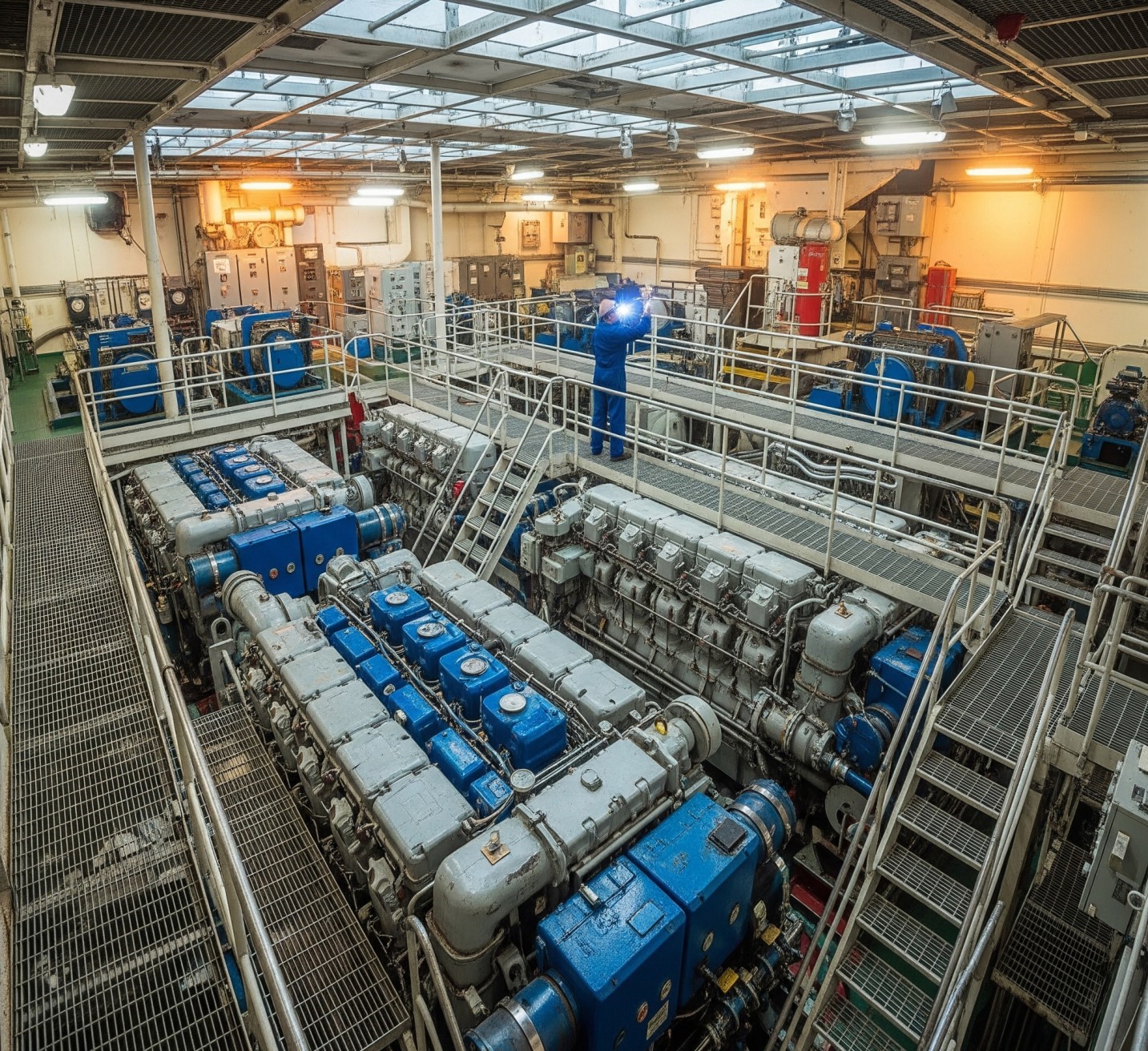
K2CO3 is also known as potash carbonate and is used in fertilisers, agrochemicals, heat-resistant glass, soaps, and in the manufacturing of other chemical compounds. Vynova supplies several grades of potassium carbonate to customers worldwide.
#POTASSIUMCARBONATE_supplierDubaiAbudhabi
#PotassiumCarbonate_SupplierMuscatSoharOman
Potassium carbonate has many different functions and uses. It is primarily used in large industry, in the manufacture of chemicals, fertilisers, soap and glass. It is also used as a drying agent (it removes water from air) and to reduce acidity when producing mead or wine.
Description
Potassium carbonate (K2CO3) is a white salt, soluble in water (insoluble in ethanol) which forms a strongly alkaline solution. It can be made as the product of potassium hydroxide's absorbent reaction with carbon dioxide.
Physical Properties
| Molecular Weight | 138.205 g/mol |
| Melting point | 891 °C |
| pH | 11,0 - 13 at 138 g/l at 25 °C |
| Water solubility | 138 g/l at 20 °C - completely soluble |
| Density | 2,428 g/cm3 |
Uses
- Potassium carbonate is used as a mild drying agent.
- Used in the making of grass jelly.
- Used to produce Dutch process chocolate by alkalization.
- Used in the production of wire or mead by acting as a buffering agent.
- Used to soften hard water.
- Used in welding fluxes.
- Used as a fire suppressant.
This is because potassium sends signals to every muscle in the body to contract. When the potassium reaches the inmate's heart, it disrupts the delicate balance of sodium and potassium ions that keep the heart beating. The inmate's heart would begin beating irregularly - and then stop.




